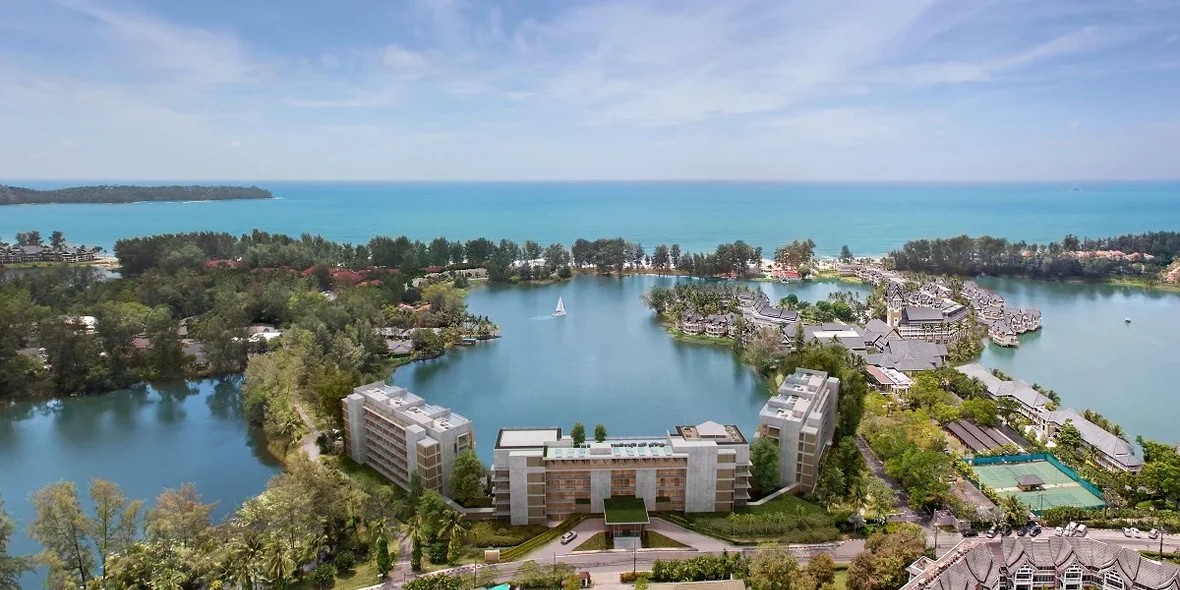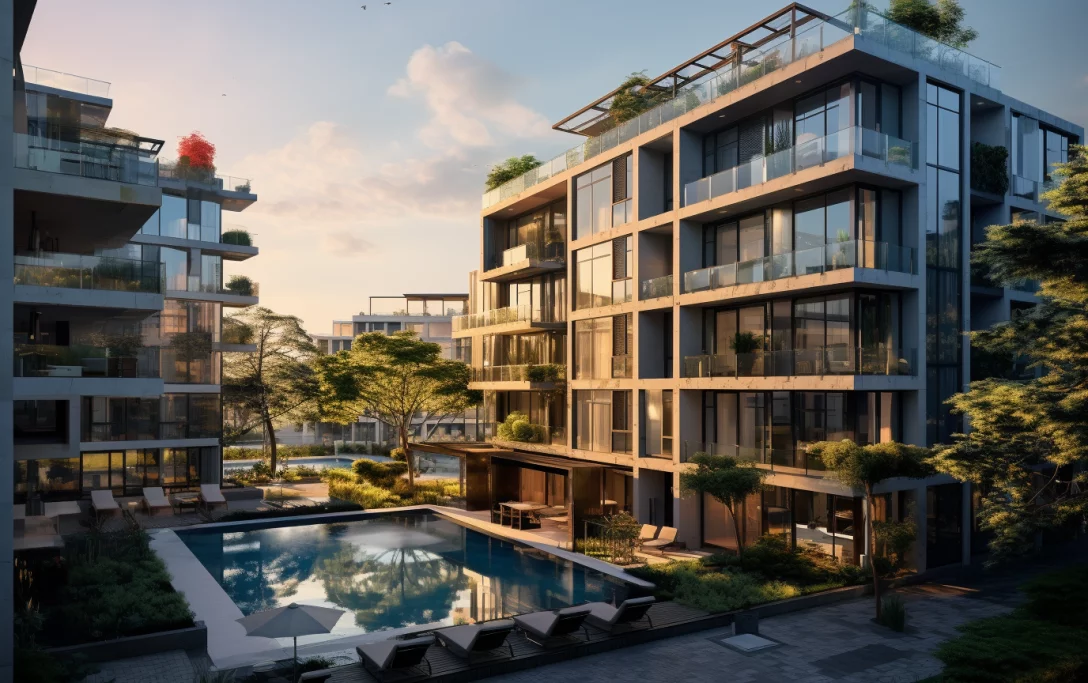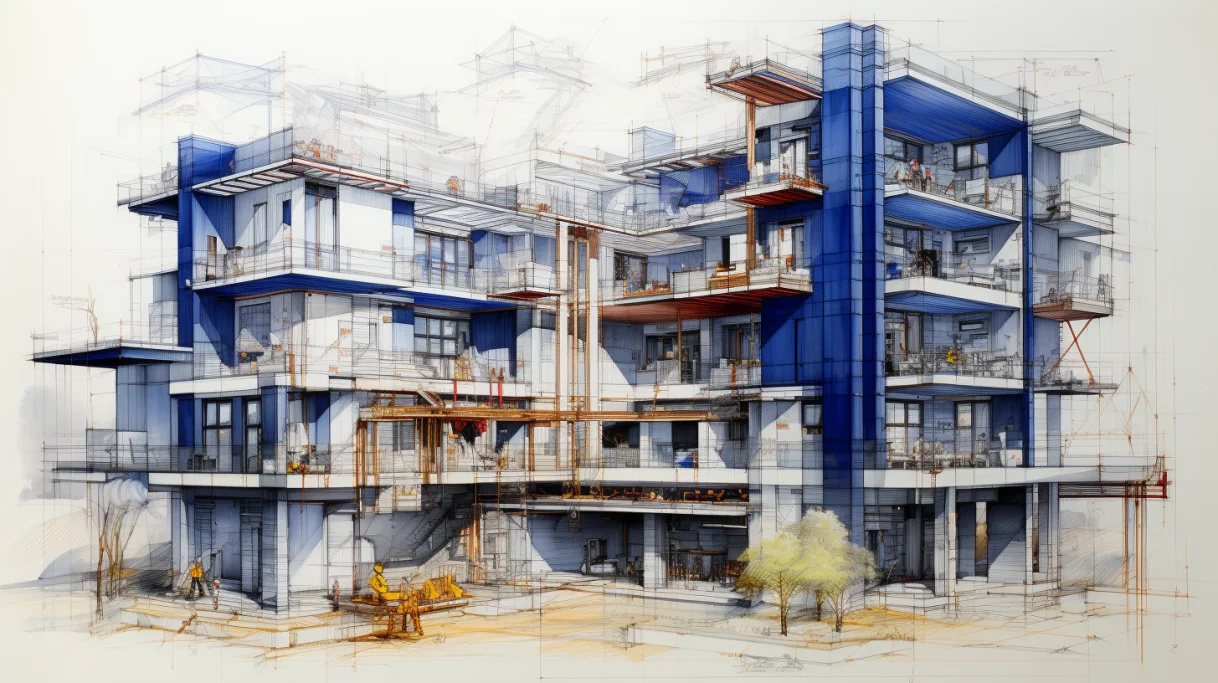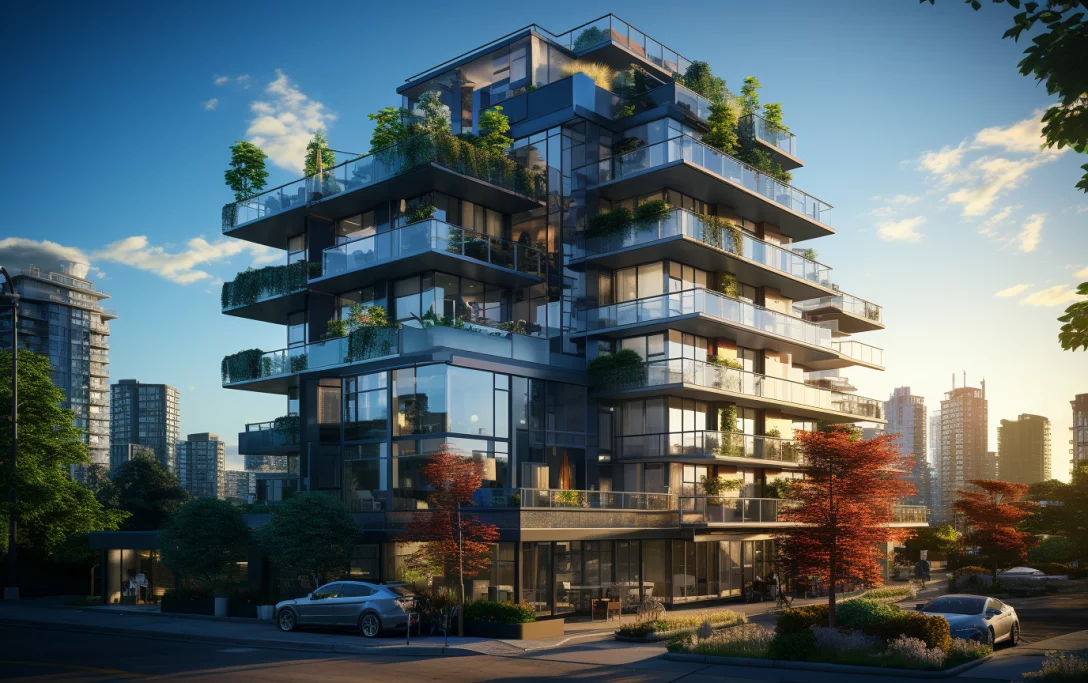
How do сondominiums work, and how are they different from other housing formats? Plus, the case of Thailand
Today, condominiums are quite a popular form of housing around the world, which, however, is not suitable for everyone. Our material will help you understand what condos are, when they appeared, and how they differ from apartments and other types of housing. Plus, we take Thailand as an example to explain to you how the condo format works and how much apartments cost there.
What is a condominium? Definition
A condominium is a type of residential property in which the individual apartments are privately owned and the common areas and amenities are available to all residents. That is, each owner is entitled to his or her own private space and, at the same time, can share common areas (lobbies, swimming pools, gyms, and so on).
Less common are also condominiums that refer to commercial real estate, such as offices.

How did condominiums come to be? History
The concept of condos dates back to ancient times, but the modern form of condos, as we know them today, emerged in the mid-20th century. The main talking points covering the history of this format are:
- Ancient origins. The idea of owning one's own dwelling and sharing common goods at the same time originated in ancient civilizations. Example: In the Roman Empire, there was a system of jointly owned buildings—the so-called “islets” (“insulae”)—where individual units belonged to different people or families.
- Early cooperative housing. The cooperative housing movement gained momentum in the 19th century in response to the problems of urbanization and housing shortages. Housing cooperatives involved groups of people who jointly owned and operated buildings, sharing costs and responsibilities.
- Horizontal Property Law. The first such law was passed in Puerto Rico in 1960. It allowed individual ownership of units in an apartment building as well as shared ownership of common areas.
- Distribution in North America. In 1962, the state of Illinois in the United States passed the first modern condominium law in the country, known as the Condominium Property Act. This law provided the legal basis for the creation, management, and ownership of condos.
- The boom and development of condominiums. The 1970s and 1980s saw significant growth in condominium construction, especially in urban areas.
- Evolution and Global Implementation. Various countries around the world have now adopted their own laws and regulations governing condominiums. Condos have become prevalent in countries such as Canada, Australia, Singapore, Brazil, Thailand, and many European nations.
The benefits of living in a condominium
- Comfortable lifestyle. Access to amenities that can be expensive or impractical if purchased separately for your own home is one of the main benefits of the condo format. For example, condos often boast comfort units such as fitness centers, spas, concierge services, rooftop gardens, and community spaces for socializing and events.
- Maintenance and security. Condominiums usually have a maintenance staff that takes care of your safety, keeps common areas clean, and takes care of exterior repairs. This means that you, as the owner, are relieved of all of these concerns.
- Community and social interaction. Condominium living fosters residents' sense of community through all the same shared amenities and spaces.
- Location and Accessibility. Condominium complexes are often located in urban centers or attractive neighborhoods, meaning residents can easily access important infrastructure and transportation hubs.

Disadvantages of condominium living
It is important to be aware of not only the advantages but also the downsides of living in a condominium. The main disadvantages are:
- Homeowners' Association (HOAs) fees. Condominium owners are usually required to pay monthly HOA fees to cover all sorts of costs: maintenance, repairs, and general amenities. And depending on the circumstances, these fees can increase. Also, sometimes a special fee may be charged: for example, when significant repairs are needed in the complex and the monthly dues are insufficient.
- Higher interest rates. When buying an apartment in such a complex with a mortgage, you are likely to encounter higher interest rates: since condominiums depend on each owner, lenders usually try to compensate for these risks with higher rates.
- Less privacy. Condominium apartments often share walls and spaces. Living in close proximity to neighbors limits the degree of privacy.
- Lack of control. Condominium owners must abide by the rules and regulations established by the condominium association, or HOA. For example, your complex may have restrictions related to pets, noise levels, or exterior modifications to your property. It is also important that decisions regarding common areas and property management be made collectively.
Condos vs. other housing types (apartments, houses, townhouses)?
Let's take a look at how the condo format differs from the alternatives:
|
|
|
|
|
|
|
|
|
|
|
|
|
|
|
|
|
|

How does one buy a condo, and how much does it cost? The case of Thailand
Features in the work of condominiums, as well as the cost of apartments in such complexes, may vary from country to country because of the specifics of the legal framework and the established rules. For clarity, we will consider the case of Thailand. Important nuances were shared with us by Svetlana Kasatkina, Managing Partner of Exotic Property
— Condominiums—this is the most popular type of housing among foreigners in Thailand, as the complex provides all the services for life: security, cleaning, laundry, etc. Also of great importance is the presence of internal infrastructure: swimming pools, gyms, lounge areas, co-working spaces, and, in some cases—stores and restaurants. The condominium is managed and maintained by the legal entity of the condominium.
In Bangkok and Hua Hin, apartments in condominiums are mainly bought by the local population, and in Phuket and other tourist areas, they are mostly bought by foreign citizens. The main purpose of the purchase is personal use as well as renting.
Rentals in such complexes range from 20,000 Baht ($576) to 200,000 Baht ($5760) per month, depending on the segment, location, area, and view characteristics. Buying prices in Thailand's condos start at $100,000–150,000 for a studio or one-bedroom apartment of 30 square meters.
Unlike apartments, condominiums can be purchased in full ownership. According to the condominium law, the developer can register 49% of the residential space of the complex into the ownership of foreign individuals (Freehold), and the remaining 51% can be purchased by foreigners for long-term ownership for 90 years or more (Leasehold). The common area is shared by all owners.
For comparison, sometimes complexes have the status of apartments: they usually do not have common areas, there is no management company office, and you cannot buy an apartment in full ownership.
A checklist of things to consider before buying or renting a condominium
- Familiarize yourself with the established rules of the condominium.
- Check the financial records of the management company. If more money is coming in than going out, it is fine.
- Make sure that the condominium does not have any pending lawsuits. This, too, can affect the financial solvency of the complex.
- Find out how much you will have to pay monthly in fees and what will be included.
- Find out if the condominium is planning to do any global work on the complex, such as major renovations or adding a gym to the list of common services. If so, expect to pay an additional fee on top of your existing monthly payments.
- Inspect the condominium and desired apartments, especially for noise. It is advisable to coordinate a showing for a “louder” time of day when everyone in the building is present. You can also ask a few neighbors about their observations regarding general noise in the building.








